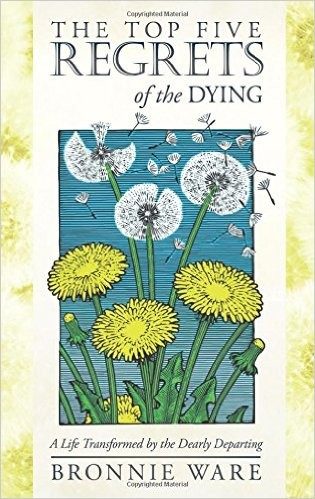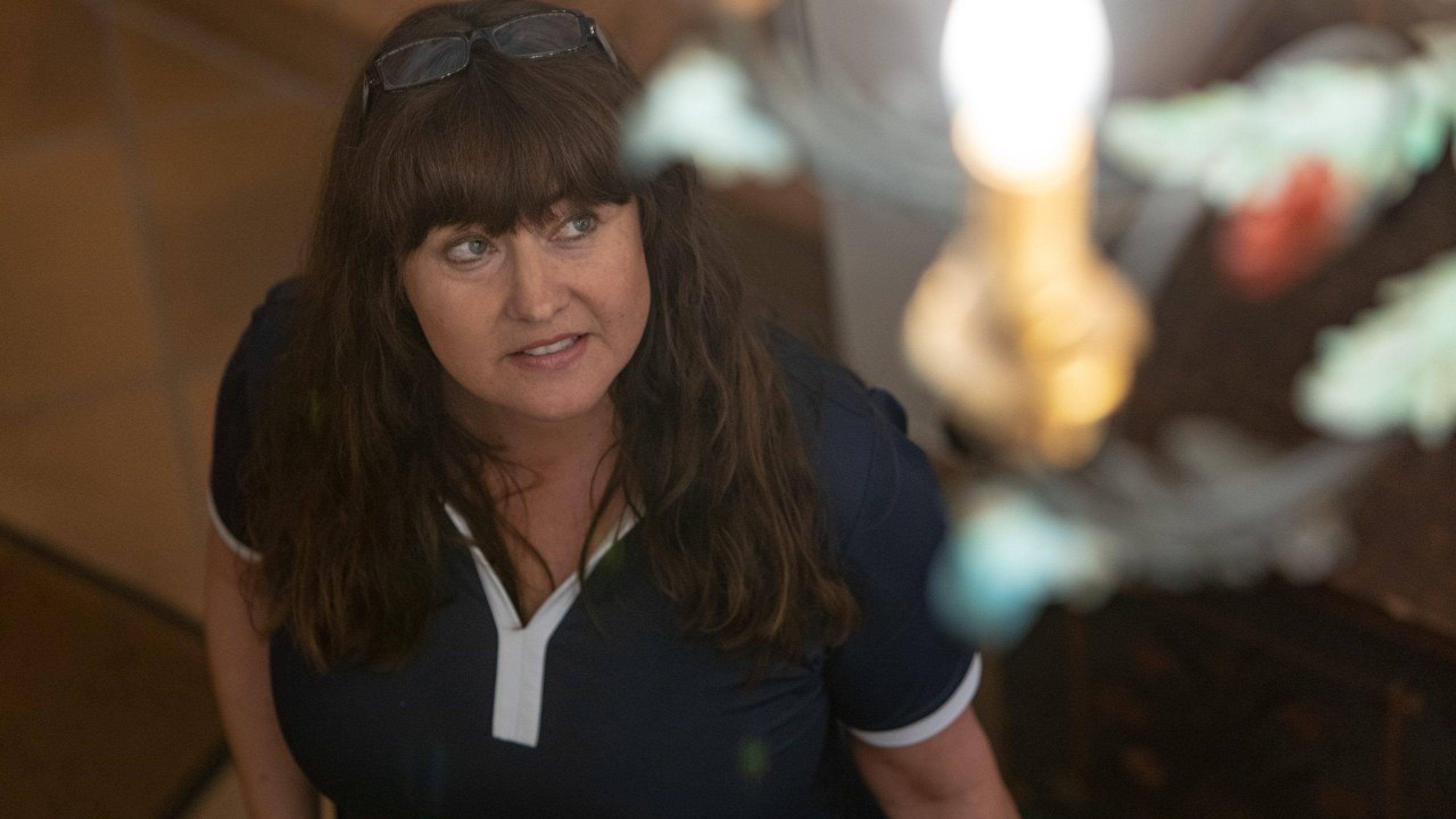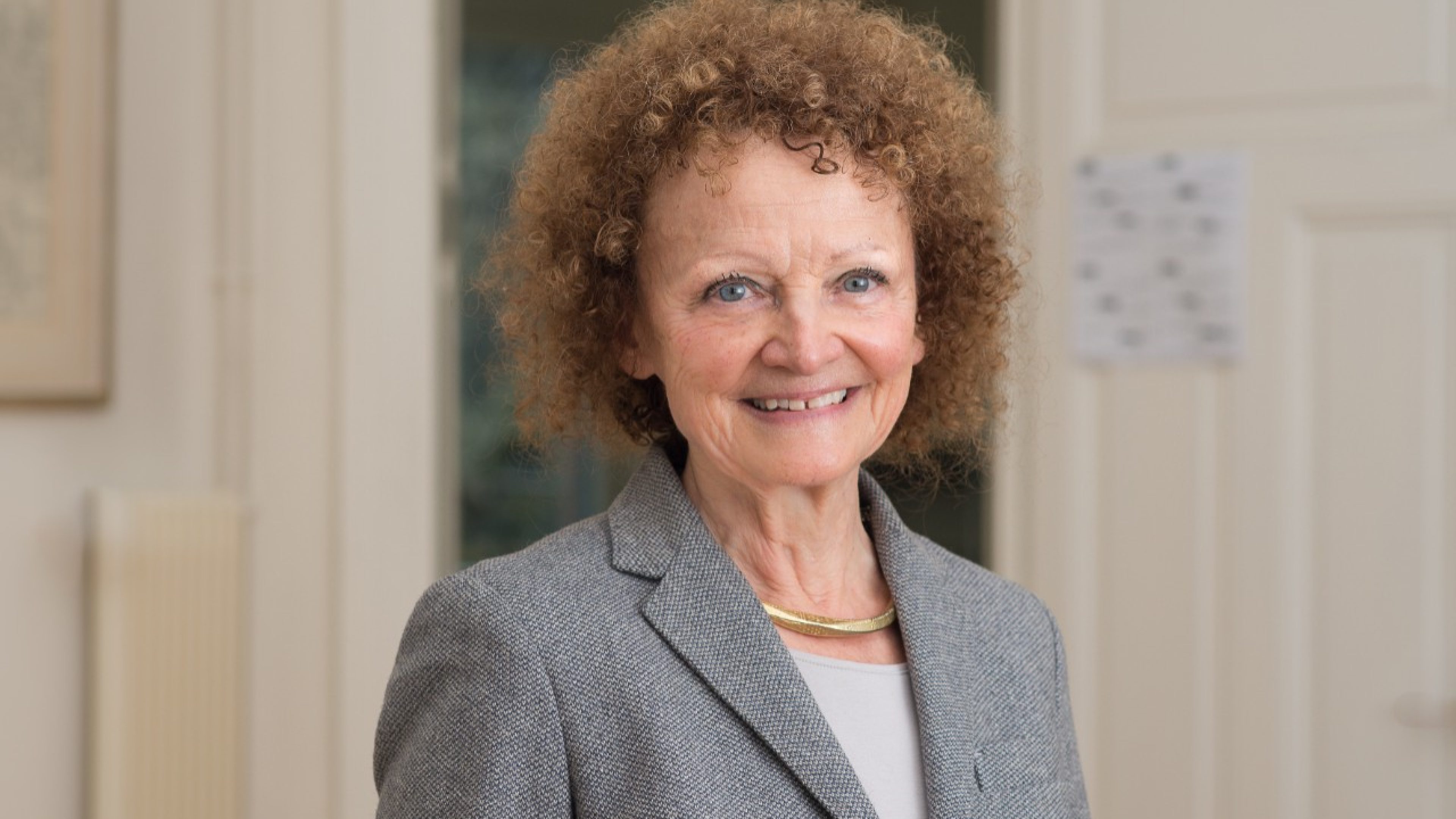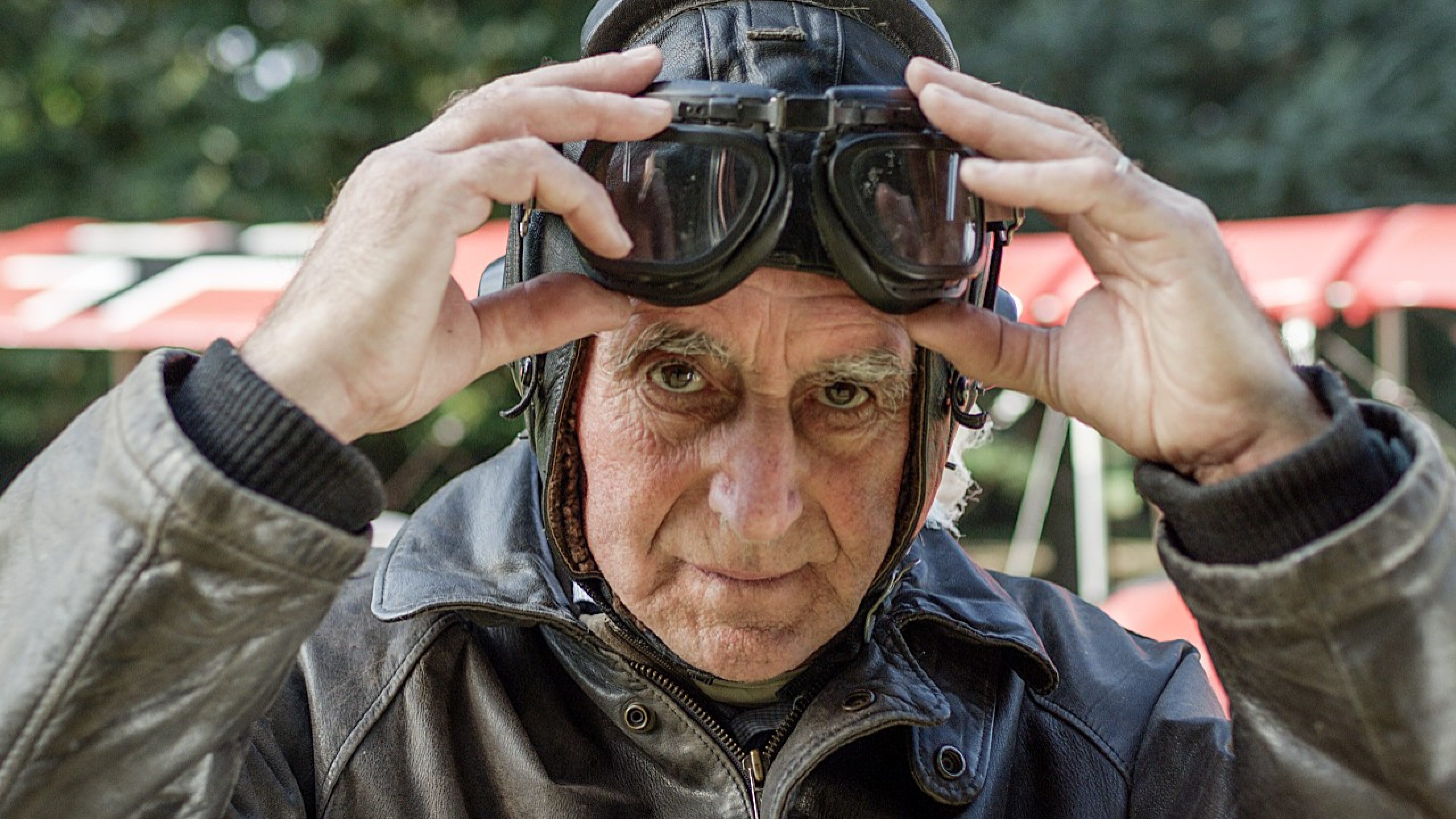The big questions come up as life draws to a close: what really matters? What should I have done better? If you put these questions to people on their deathbed, you will always hear the same five answers. Sometimes the young should listen to the old.
“Non, rien de rien, non, je ne regrette rien”, sang Edith Piaf, France's most famous singer, when she was terminally ill in 1960: “I have no regrets”. The song garnered worldwide attention. Three years later Piaf died of cancer and cirrhosis of the liver, aged just 47. The American Frank Sinatra struck a similar tone when contemplating mortality in his worldwide hit “My Way”: “Regrets, I've had a few. But then again, too few to mention.” Looking back on life free of regrets and feeling fulfilled when death is near is a fortunate position to be in
Finding peace
Not everyone looks back on life in the same way as Edith Piaf or Frank Sinatra. Bronnie Ware knows more than most about the thoughts, fears and doubts of the dying. The Australian nurse spent a long time working in palliative care, so she was often with patients during the last three to twelve weeks of life. She knows what preoccupies the dying: “Each experienced a variety of emotions as expected – denial, fear, anger, remorse, more denial and eventually acceptance. Every single patient found their peace before they departed though, every one of them”.


The Top Five Regrets of the Dying
Bronnie Ware also often asked dying patients about any regrets they may have had or how they could have done things better. Interestingly, the answers tended to centre on the same topics. This led to Ware writing a book “The Top Five Regrets of the Dying: A Life Transformed by the Dearly Departing”, which became a bestseller and was translated into 29 languages.
The top five unfulfilled wishes
- Having the courage to live your own life.
This was the most common regret of all: trying to meet other people’s expectations and not living the way they actually wanted to. When life is almost over, people realise which dreams remained unfulfilled. That's because when your health starts to go, it’s too late to make a change. - Not to work so much
Every male patient Ware spoke to regretted having worked too much. As a result, they had missed their children growing up or spending time with their wife. Some women also mentioned this, however as they were from an older generation, many of the female patients had not been the main breadwinners in their families. - Showing their feelings more
Many people were unhappy at having repressed their feelings, possibly because they were afraid of stripping away the veneer of harmony, didn't want to show their hand or so they could have a peaceful life with others. Bronnie Ware also noticed that many of these people developed illnesses due to their bitterness. - Staying in touch with friends
Many people regretted not having made more time and effort to maintain friendships. They lost touch because they were too busy with work, moved somewhere else or started a family. When life draws to a close, writes Ware, all you have left are love and relationships. - Being happy
We live in “result-oriented” times, both in our working and personal lives. Many of Ware’s patients found they made their happiness too dependent on a result or outcome instead of simply enjoying the moment. They also found themselves caught up in old habits and behaviours and were afraid of change. “Happiness is a choice”, as Bronnie Ware puts it.
Bronnie Ware's work in palliative care has had a lasting effect on her own life. “I express myself much more clearly now,” she says. “I also regularly ask myself whether I will come to regret a decision. If the answer is yes I have to find another way.”
This point also comes out in her conversations with the dying: there is a common thread running through all five unfulfilled wishes. People can decide for themselves and it is up to us how we live our life.
Even if the wishes initially come across as truisms, Ware’s book suggests that they are often put off for too long in the hustle and bustle of everyday life.
Sometimes all you need to do is listen to old people’s advice while there is still time to act on it.



